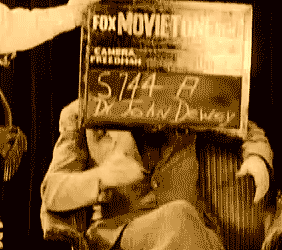 On January 27, I gave paper at the Institute of Education at UCL London. The topic was Klaus Mollenhauer’s conception of Education and Bildung –as articulated in his Forgotten Connections: On Culture and Upbringing.
On January 27, I gave paper at the Institute of Education at UCL London. The topic was Klaus Mollenhauer’s conception of Education and Bildung –as articulated in his Forgotten Connections: On Culture and Upbringing.
The abstract is below; and here’s a link to the complete text of my talk.
The talk was based on Mollenhauer’s Introduction to his text, which can be accessed here.
Klaus Mollenhauer’s Forgotten Connections: Education as Remembrance
Franz Kafka opens his intimate “Letter to his Father” by admitting that he simply cannot come to terms with his own upbringing and Bildung –“because the magnitude of the matter goes far beyond the scope of memory and understanding.” This admission is used, perhaps paradoxically, to introduce and frame an educational “undertaking of remembrance” attempted by German educationist Klaus Mollenhauer in his book Forgotten Connections: On Culture and Upbringing. Here, Mollenhauer also asserts that “further[ing] the cause of memory” is no less than the “purpose of education” itself, adding that he is referring not only to individual biographical recollection, but also to “collective memory – our common cultural heritage whose core themes education attempts to tease out.”
In this presentation, Dr. Norm Friesen (Boise State University) discusses a number of core themes that emerge from this effort for Mollenhauer. These include Mollenhauer’s understanding of Bildung as a biographical and experiential “way of the self” that is marked by a particular “pathlessness.” Referencing Wittgenstein in ways unconventional for education, Mollenhauer shows how this path or pathlessness is characterized not so much by success and triumph as by loss and renunciation. These themes also include the recovery of a concrete, even indexical language for education, rather than one abstract and generalizing. Finally, Dr. Friesen will suggest with Mollenhauer that the broader task of remembrance, and thus of education itself, is as much one of difficulty and paradox as it is one of recuperation and clarification.



 I’ve been working on this for submission to the John Dewey Society:
I’ve been working on this for submission to the John Dewey Society: 
 This two-volume text was
This two-volume text was